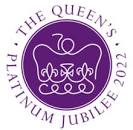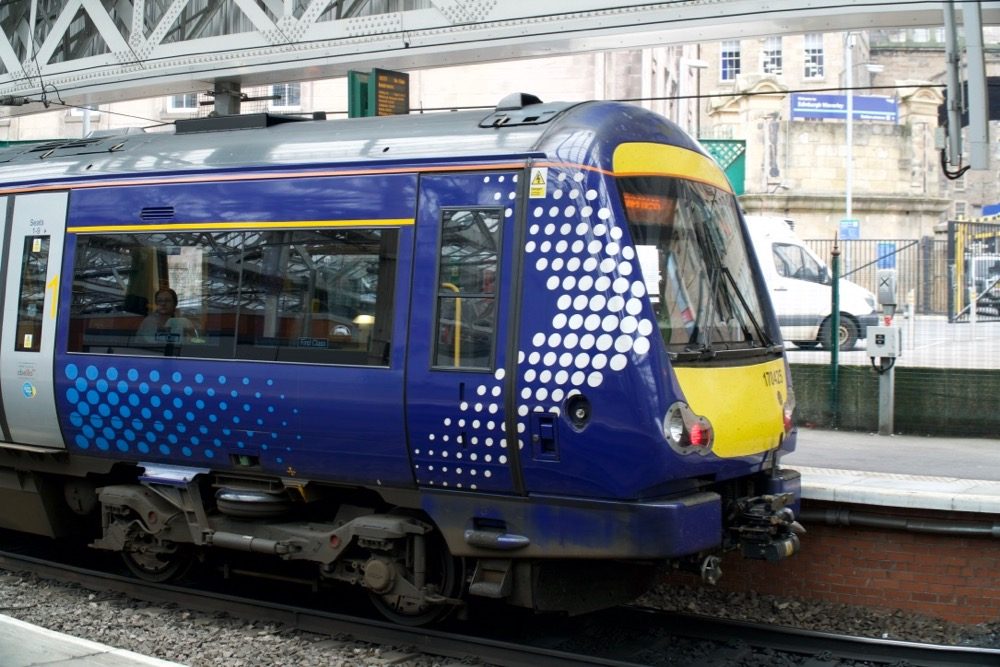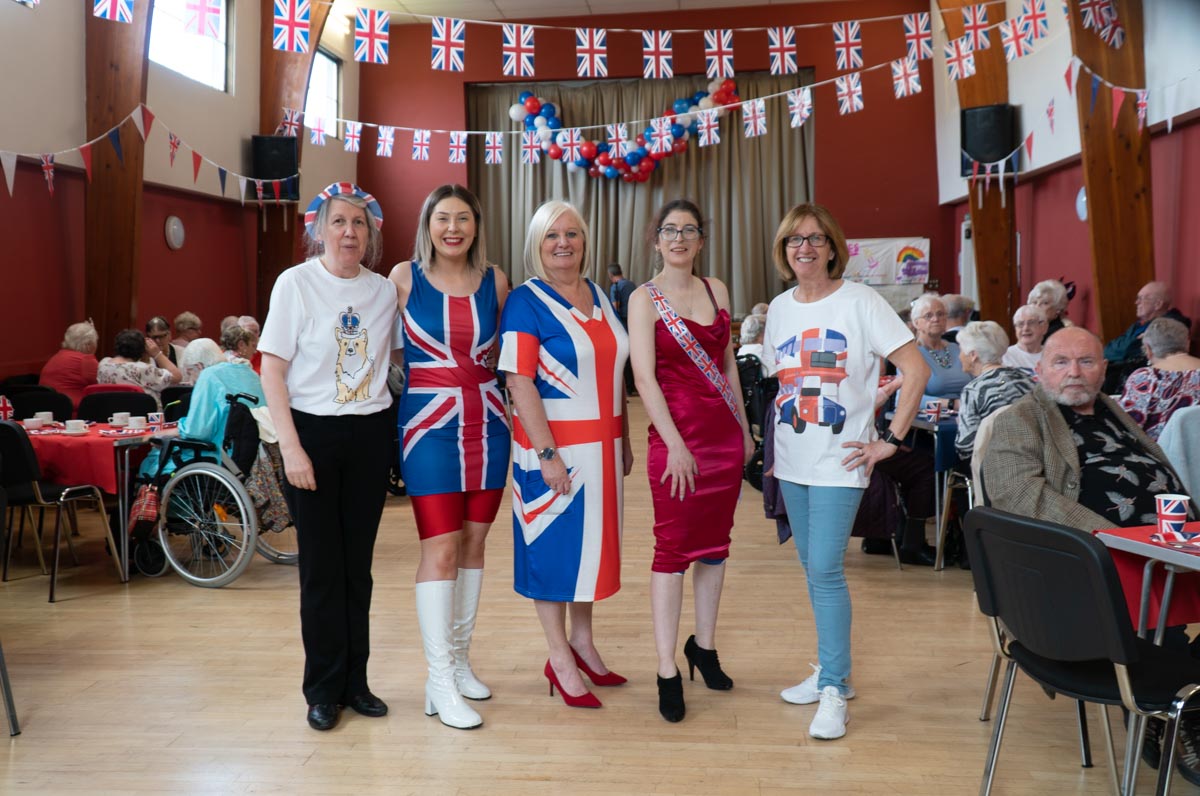Letter from Scotland
“The occasion of the Platinum Jubilee is not just about an institution. It is, above all, about the life and service of an extraordinary woman.” Nicola Sturgeon chose her words carefully.
The words “woman (not person), “life and service” are placed “above” the institution. Because in Scotland, the monarchy has only 45 per cent support, according to the latest opinion poll (by the think-tank British Future). It’s another dividing line between Scotland and England, where the monarchy enjoys over 60 per cent support.
It won’t, of course, stop us celebrating the Jubilee. There are public events, street parties, afternoon teas, a service of thanksgiving in Glasgow Cathedral and the lighting of beacons. The highest one of the 2,000 or so across Britain on Thursday night was on Ben Nevis.

In the British Future poll, 48 per cent of Scots said they were not interested in the Jubilee. 36 per cent said when the Queen dies, it would be suitable time to become a republic with an elected president, as happens in Ireland. So Nicola Sturgeon is treading a careful line here, as she is over independence, where, interestingly, the country is almost equally divided.
There is also a clear division of opinion between the young and the old. The young tend to favour independence and a republic and the old want to keep things are they are. For the moment, the official SNP policy is to keep the House of Windsor as monarchs in an independent Scotland.
But the Jubilee itself is more than about the life and service of an extraordinary woman. It’s a time to reflect upon our times. What sort of country we have been in the last 70 years and the contrast between that and what we would like to be, now and in the future. Do we want to be more equal, more green, more tolerant? Those are tough questions, when it comes down to it.

Just take the examples we faced this week – the railway dispute, the government’s spending plans and the football match against Ukraine.
Should train drivers be offered a pay rise of more than 4.2 per cent? That’s the question facing the Scot Rail management and the government. The drivers are already paid a salary of £50,000 a year. But there’s a chronic shortage of them because there has not been enough recruiting done over the last few years. Members of the union Aslef have been refusing to work overtime which has forced Scot Rail to cut its services by a third. So should Scot Rail increase its fares to pay the drivers more? Or should the government increase its subsidy, which would set a precedent for higher pay settlements across the whole public sector? There are questions of fairness and of commitment to a greener economy mixed up in the answer.
The same is true of the finance secretary’s spending plans for the next four years. Kate Forbes told parliament she was “re-shaping and re-focusing” government spending. Reshaping, apparently, means cutting public sector jobs back to pre-pandemic levels. That would see a fall of 30,000 out of the total of 440,000. Re-focusing means increased spending on health and care services and welfare benefits. But to balance the budget, there have to be cuts to other departments of around 8 per cent in real terms – local councils, police and the courts, higher education, business promotion and tourism.
As for the football, the game against Ukraine on Wednesday evening was a test of our national spirit.There were those who argued Scotland should give Ukraine a free pass towards qualification for the World Cup. But as it was, the Ukrainians were given a warm welcome to Hampden with the uneasy compromise of “best wishes – except for the 90 minutes of the game”.
In the end, Ukraine were the better team, winning 3 – 1, even though half the team had not played a competitive game since the Russian invasion in February. That leaves Scotland out of the World Cup. But we are as well not going to Qatar anyway, in my view. It has a shocking human rights record and the skulduggery that surrounded the way it won the competition to stage the event gives monarchy a bad name.
At least our monarchy is “constitutional”, tamed by parliament, the rule of law and public opinion. Whatever you think of the institution, Queen Elizabeth herself has accompanied us through the ups and downs of the last 70 years with grace and earnest service. We should thank her for that, quietly, or with the razzmatazz of this weekend.
